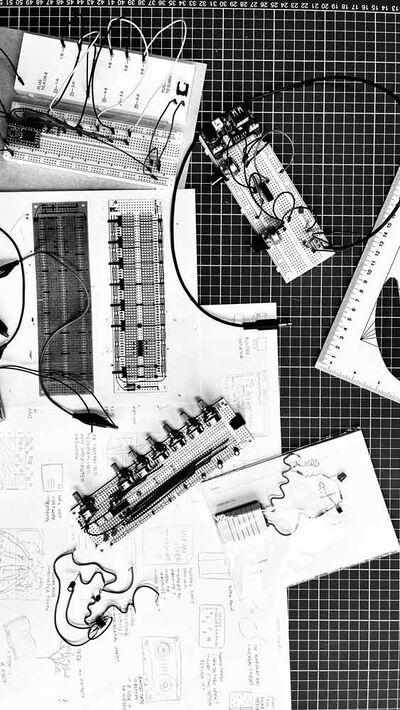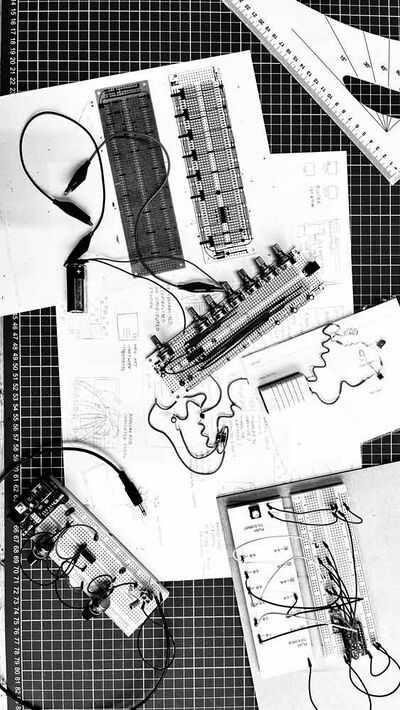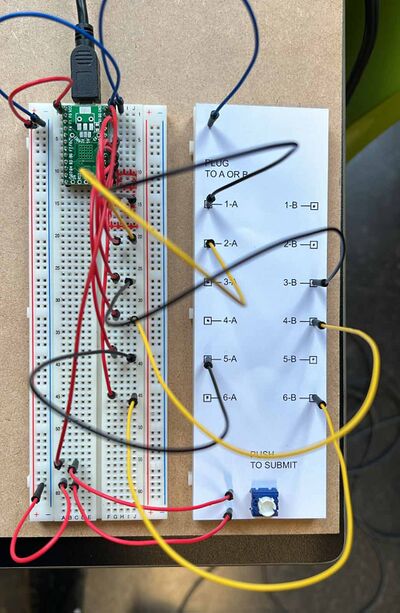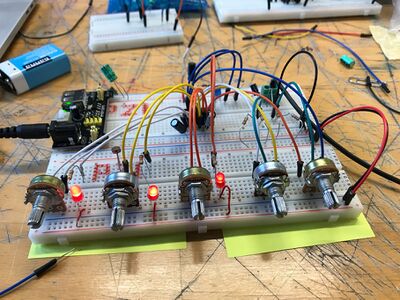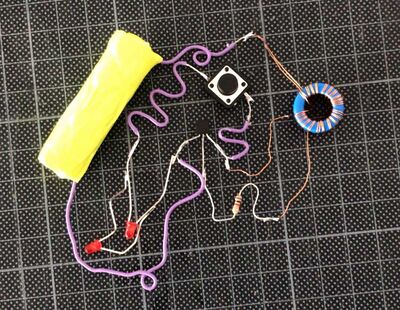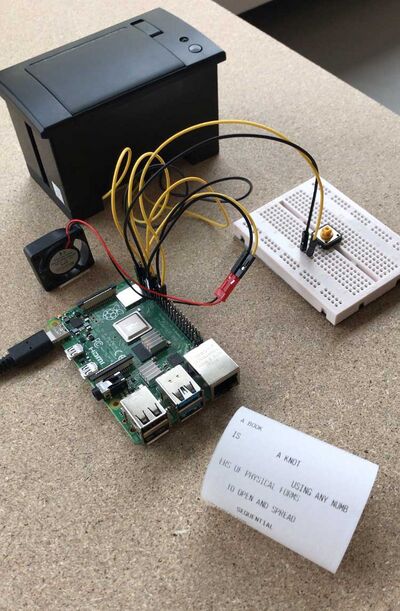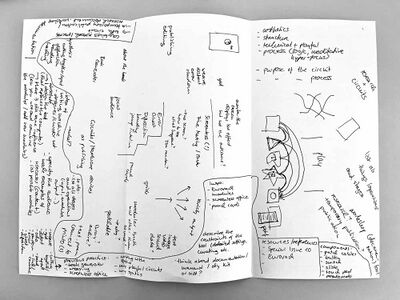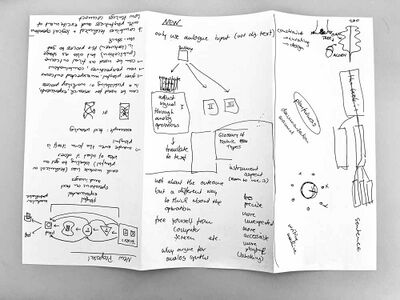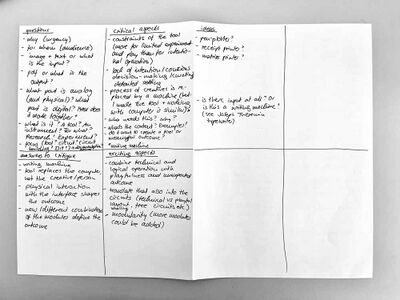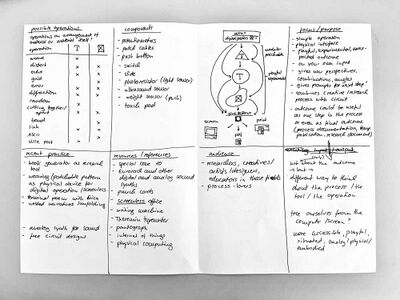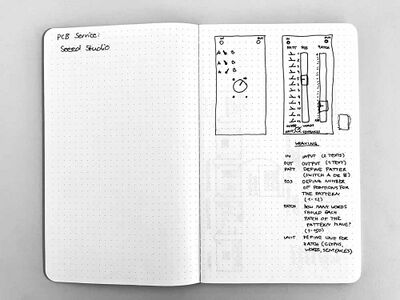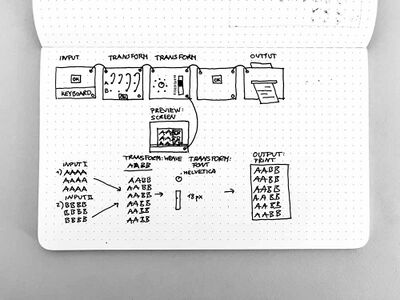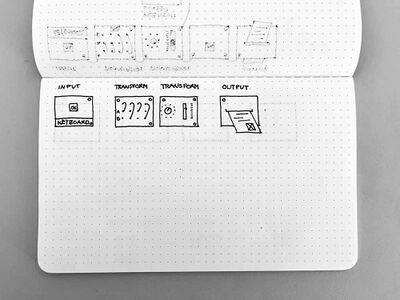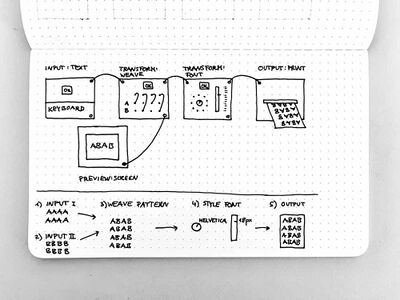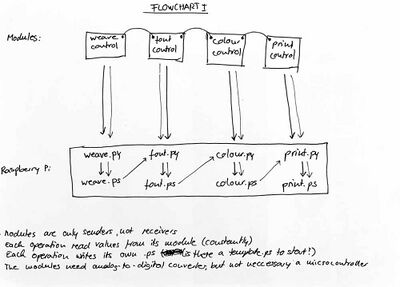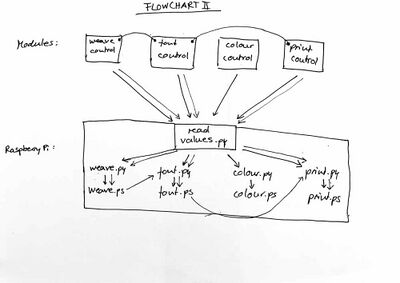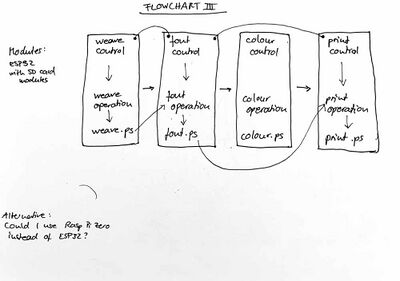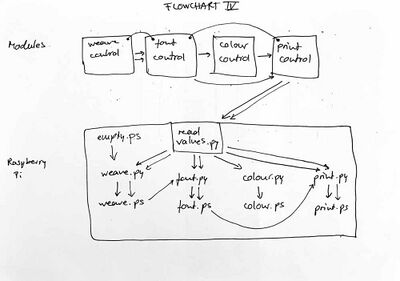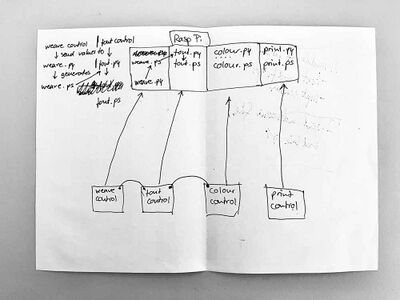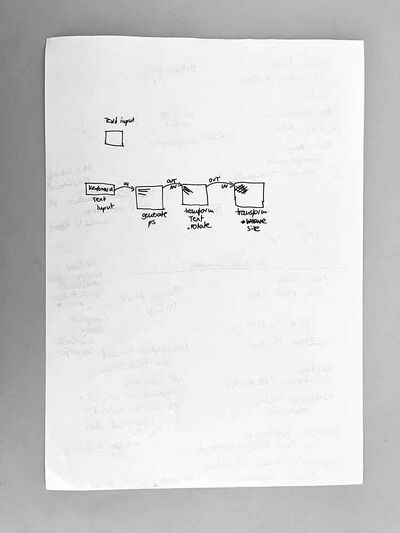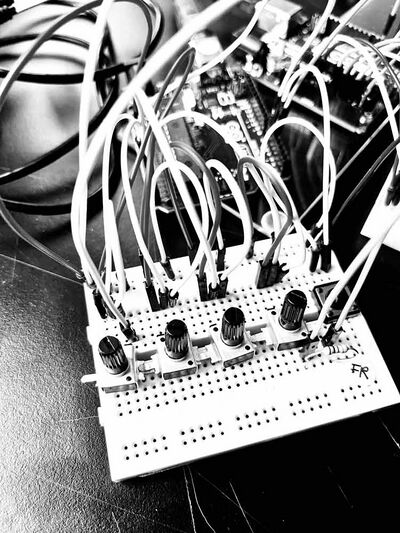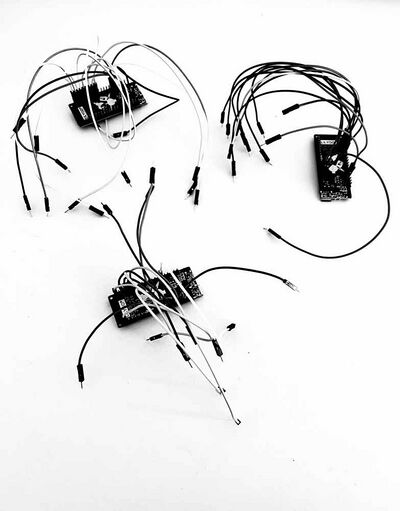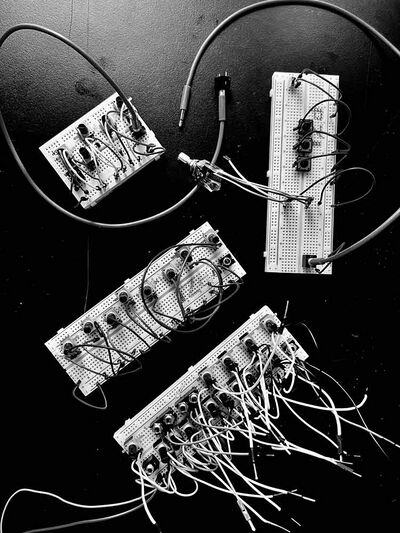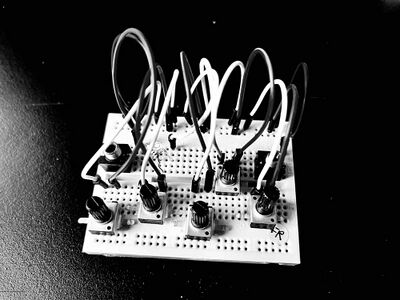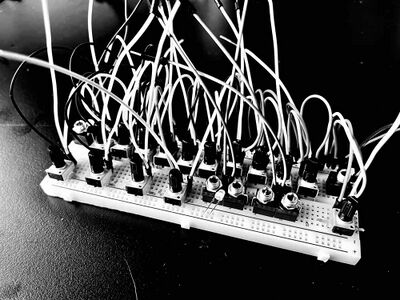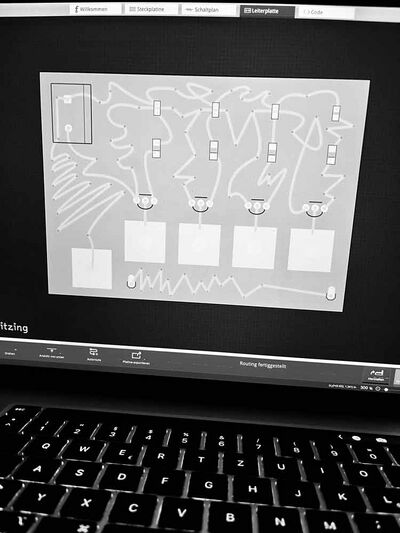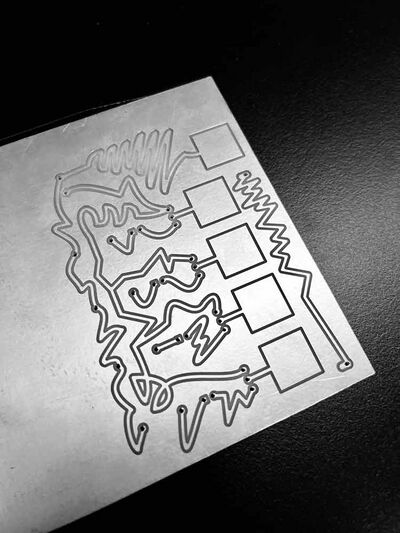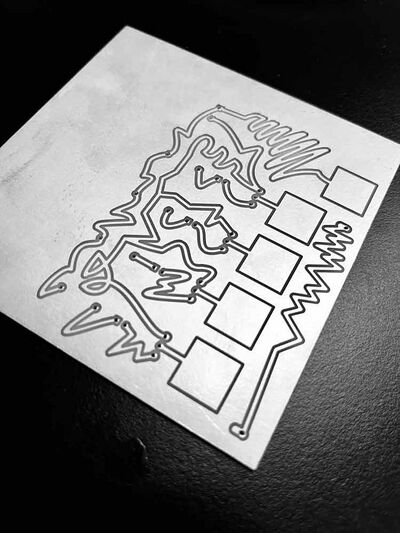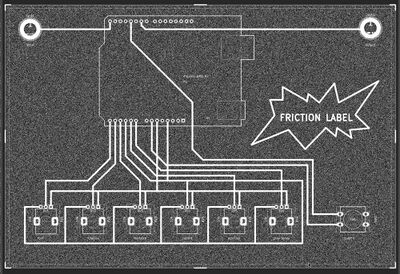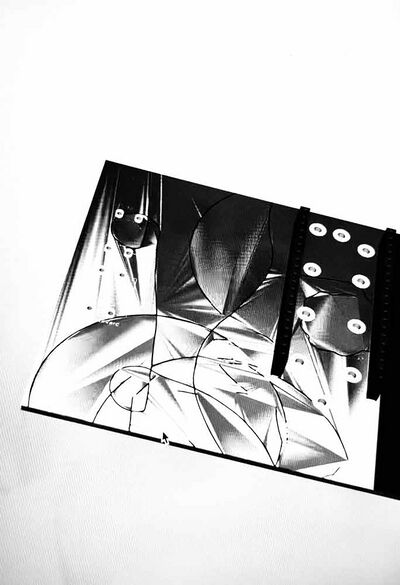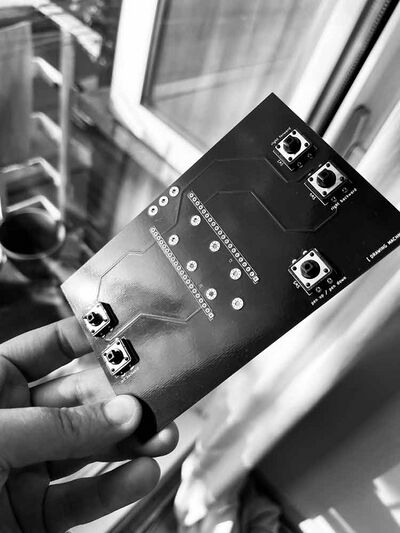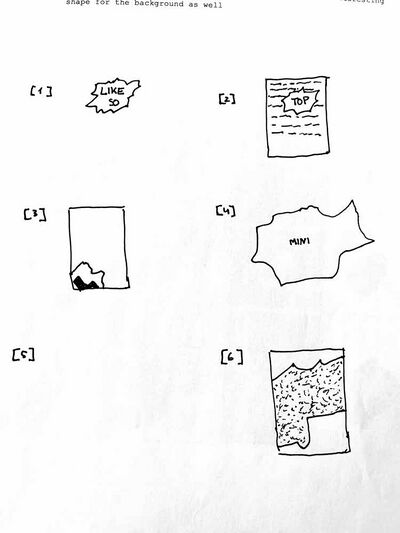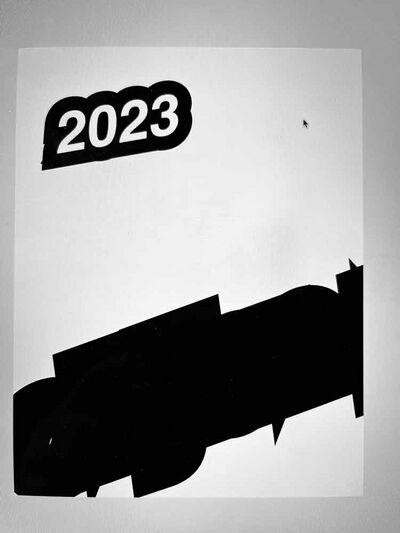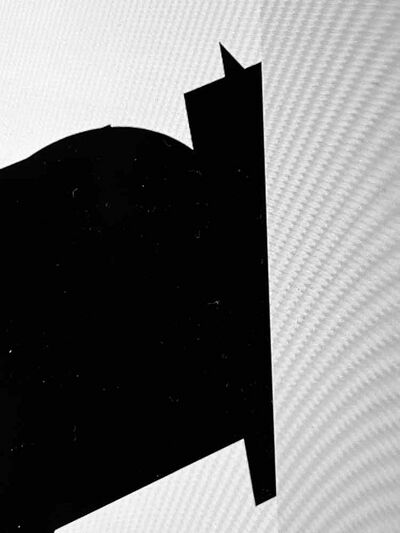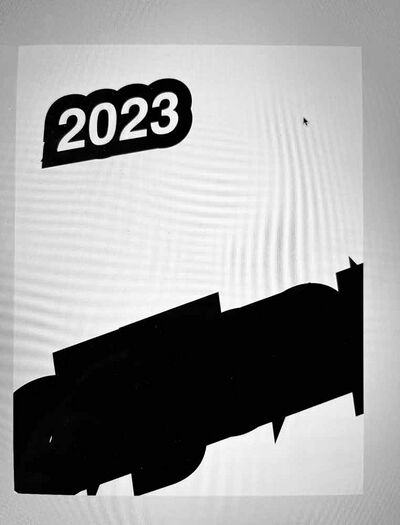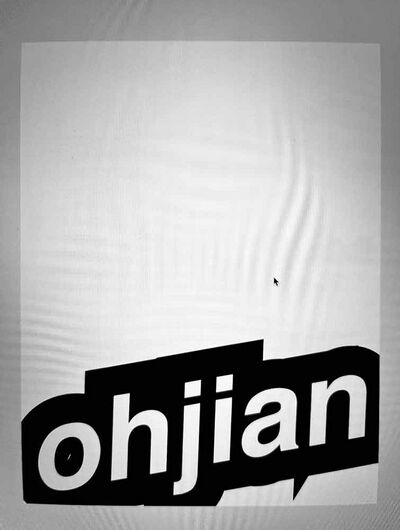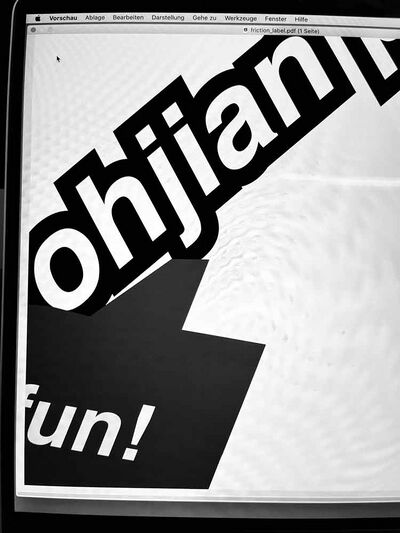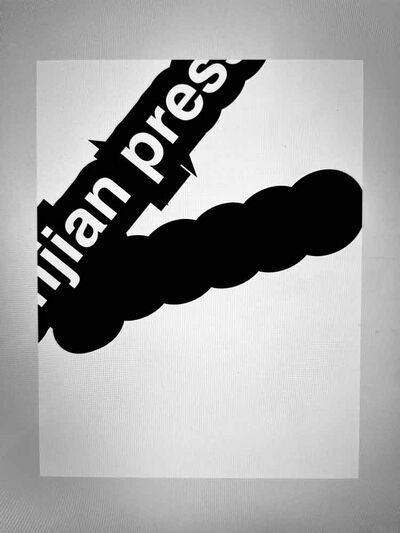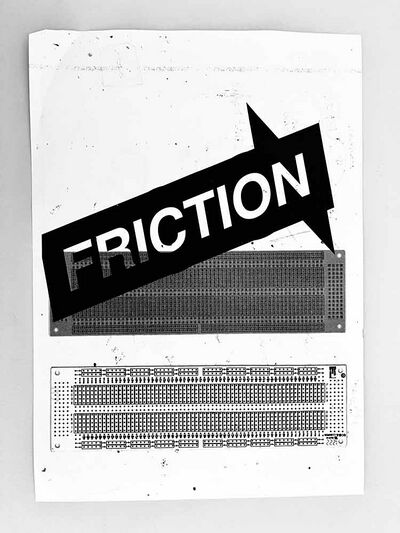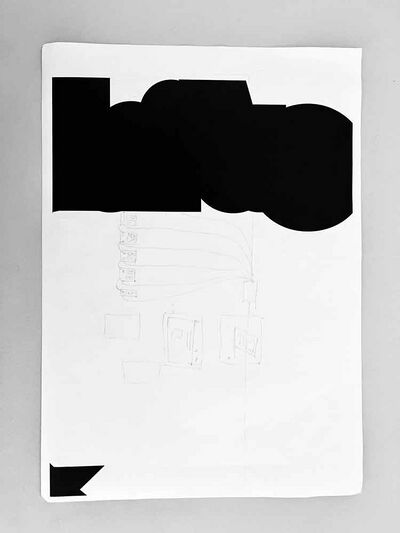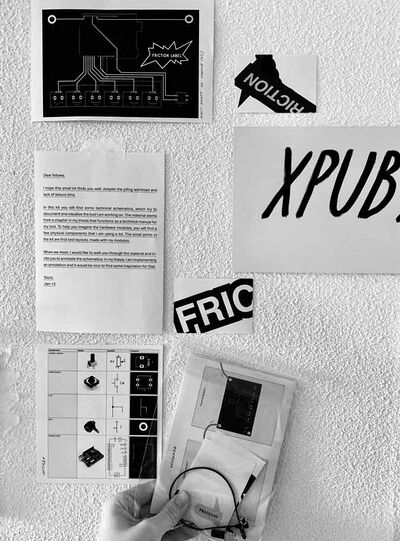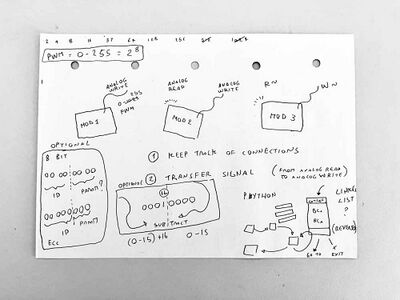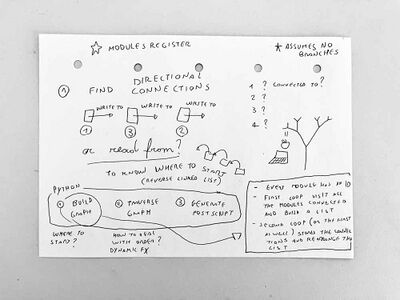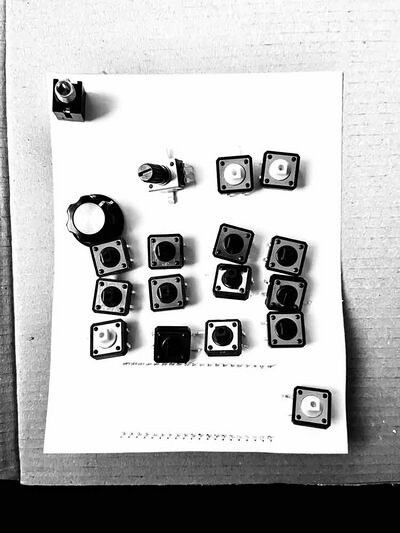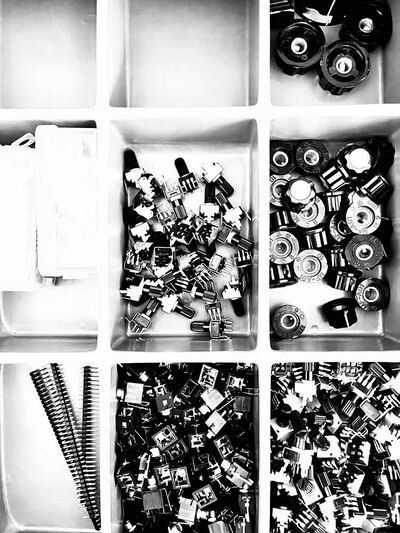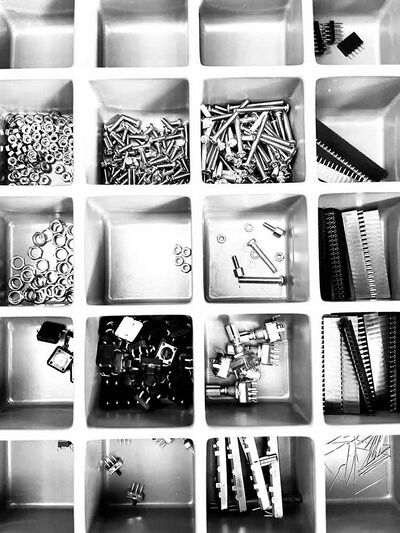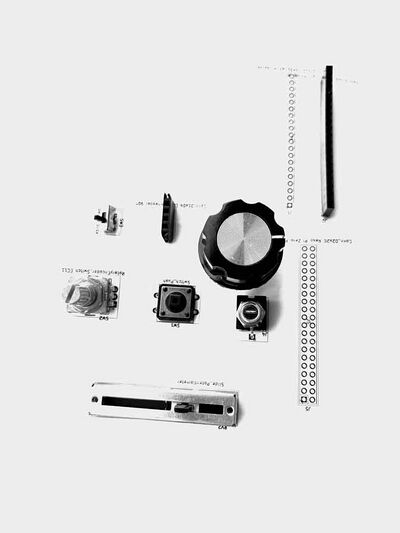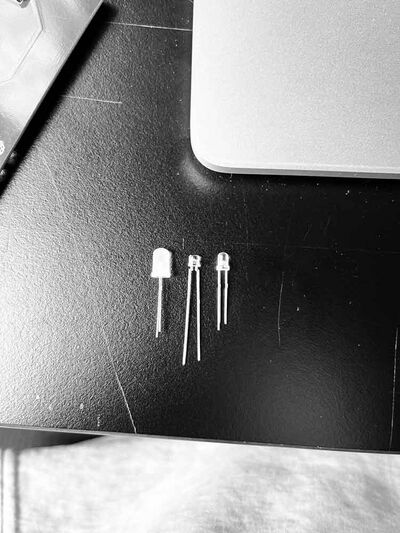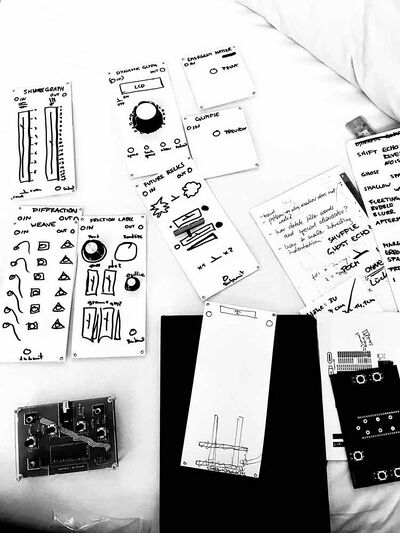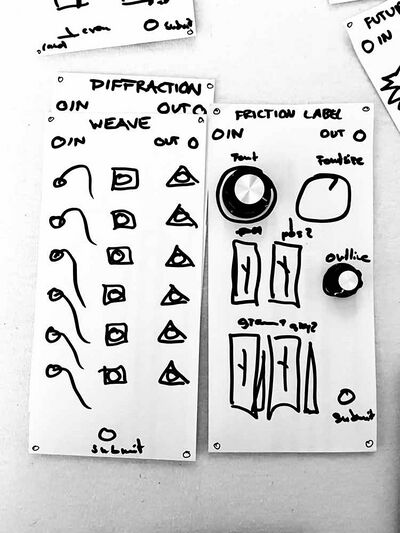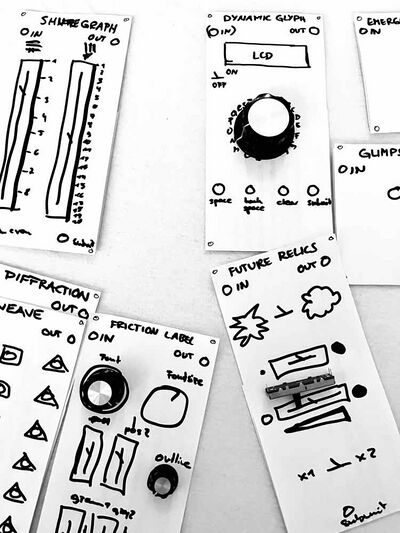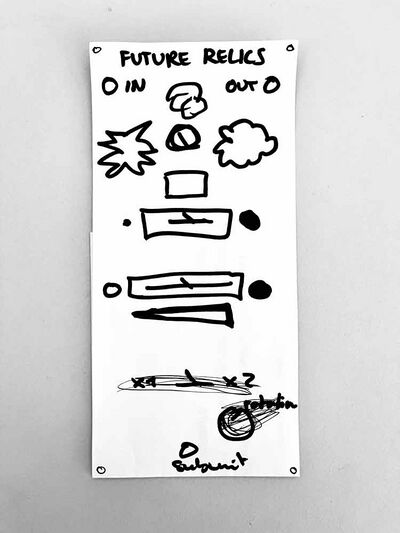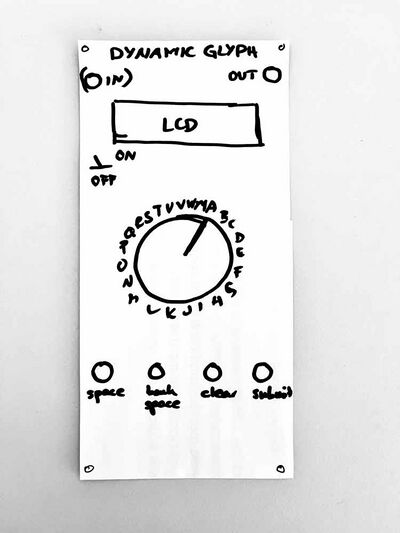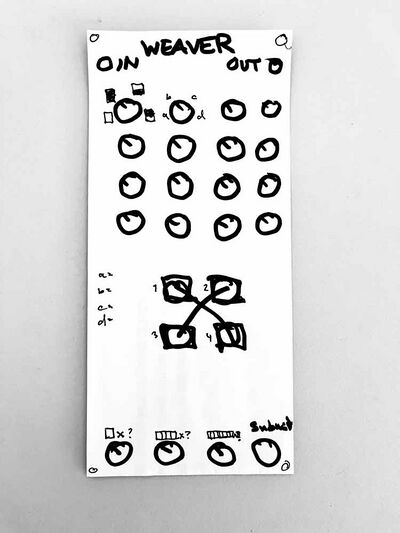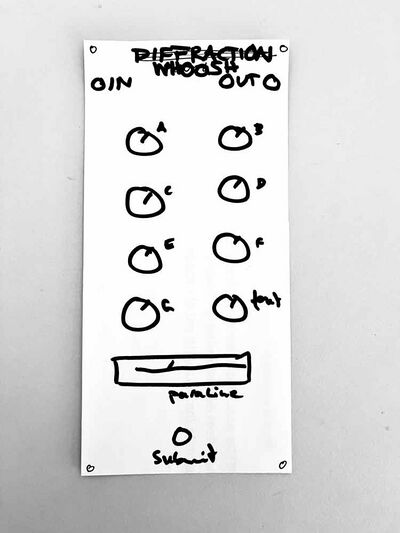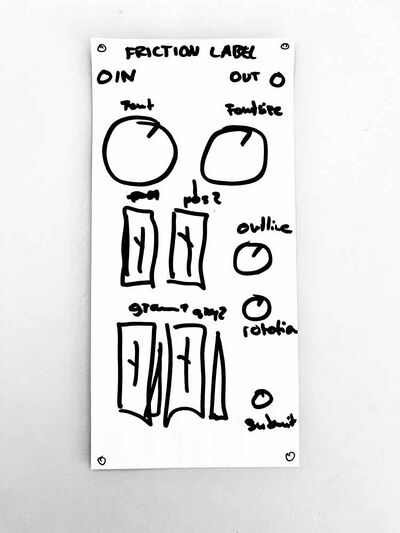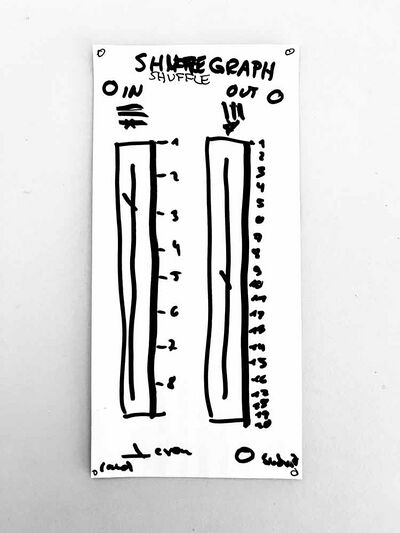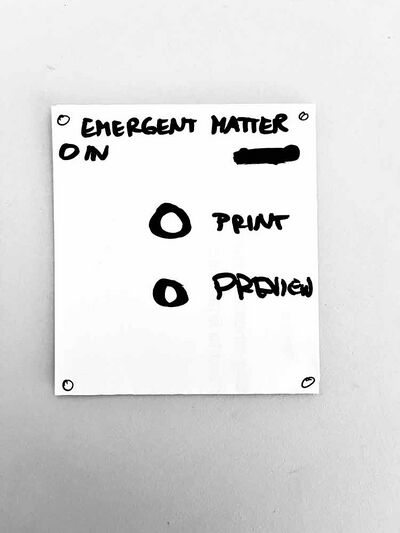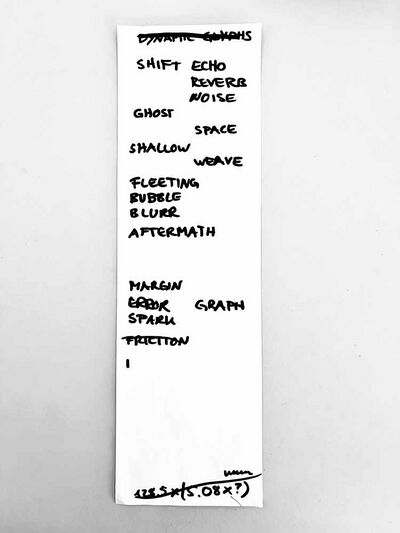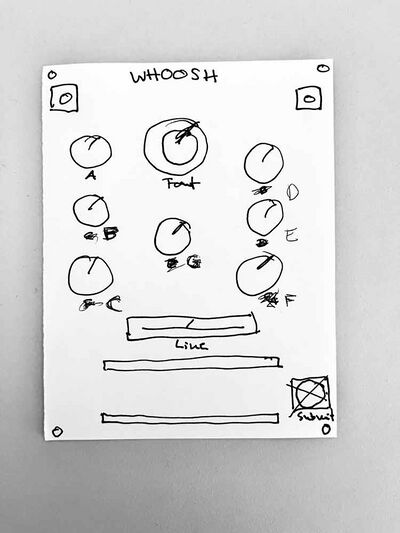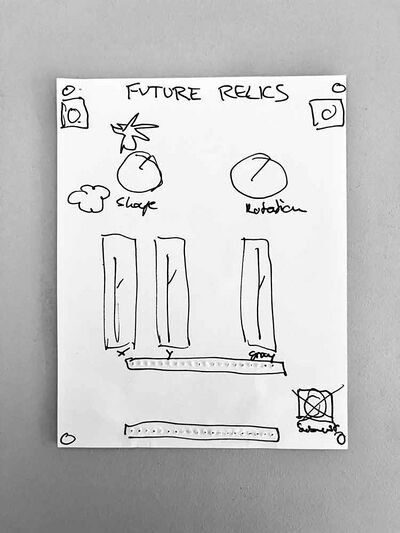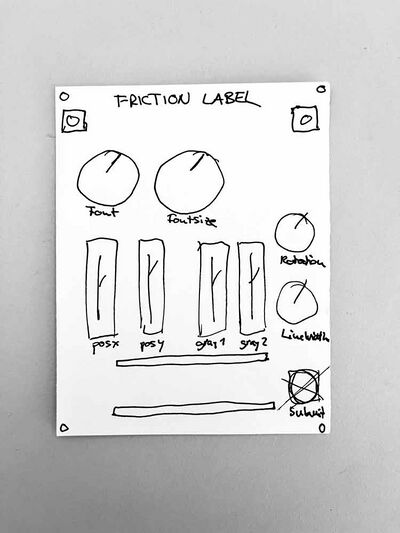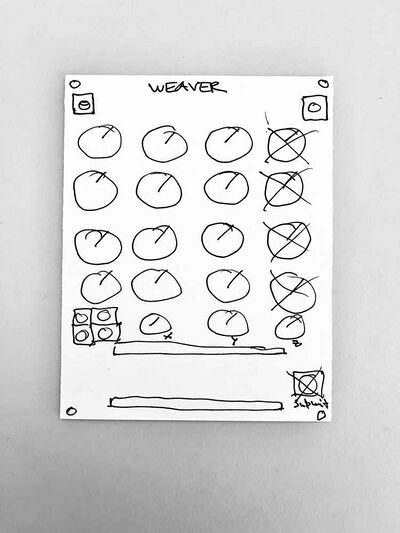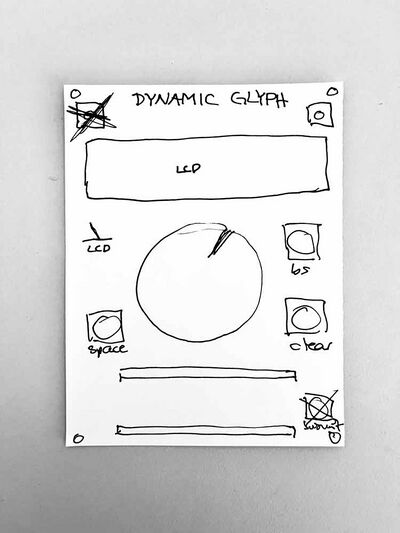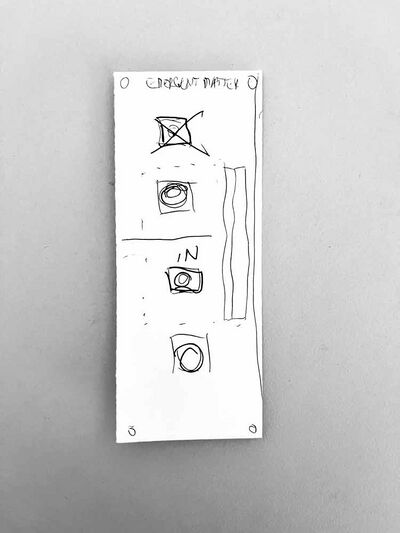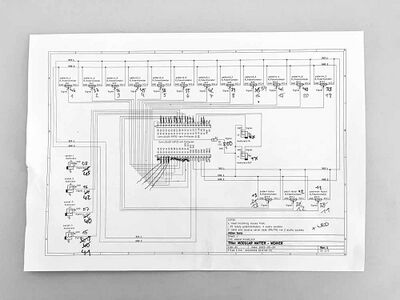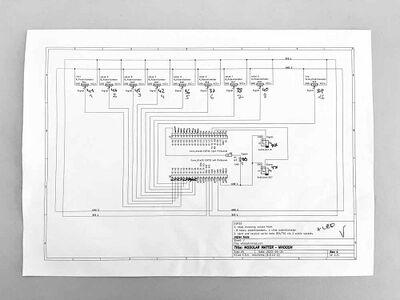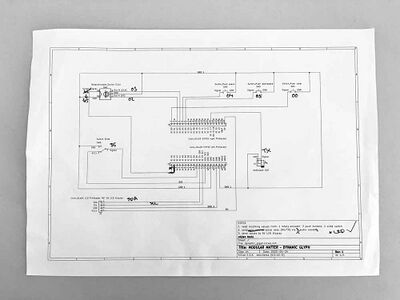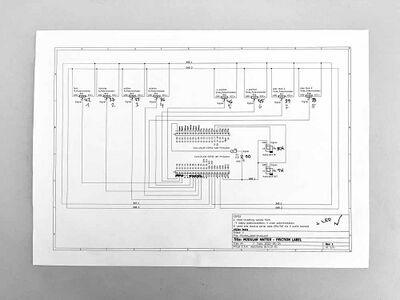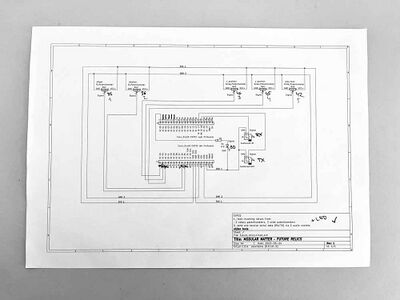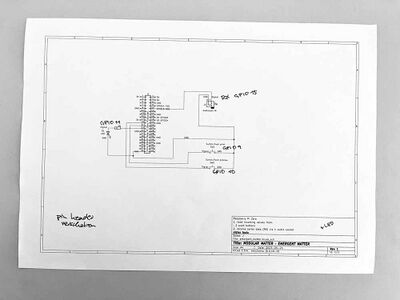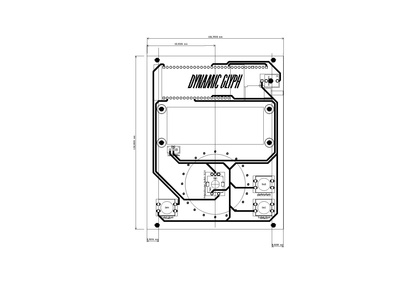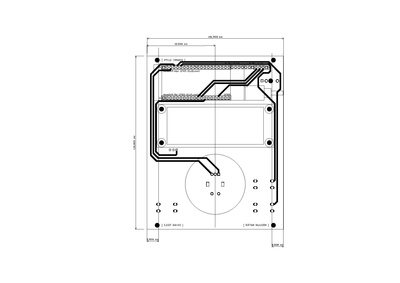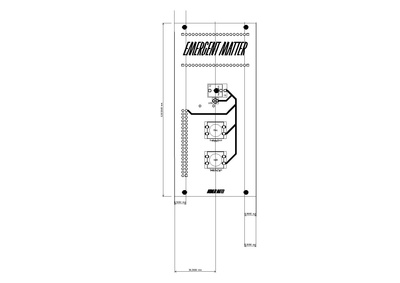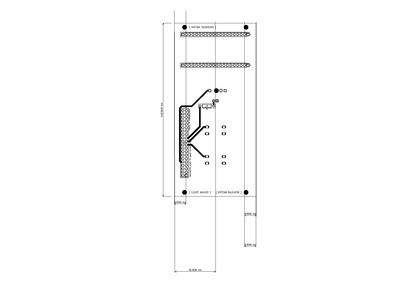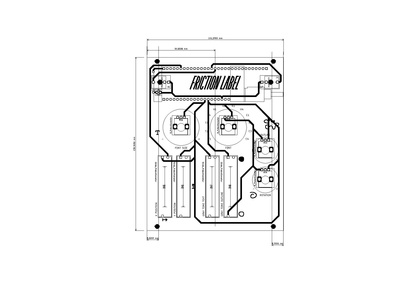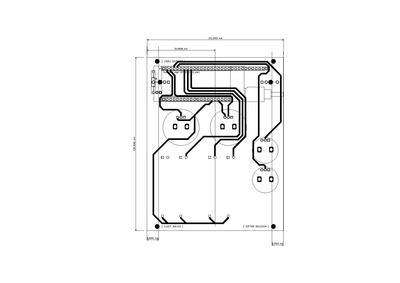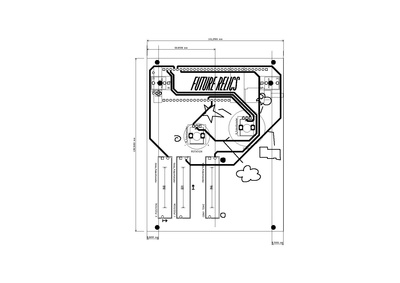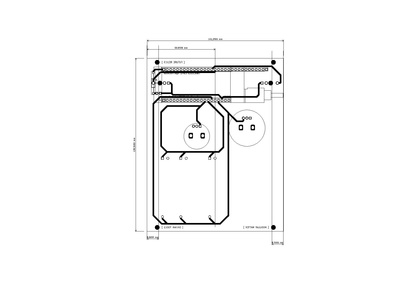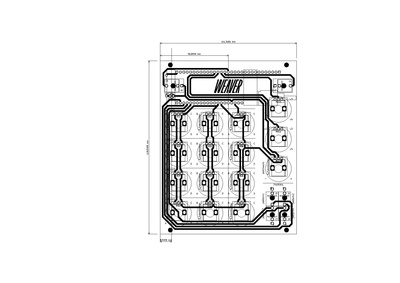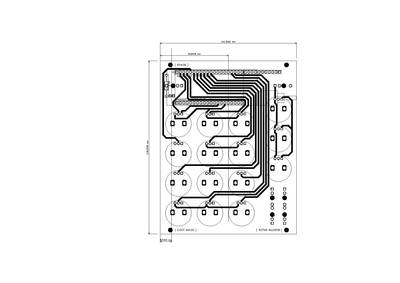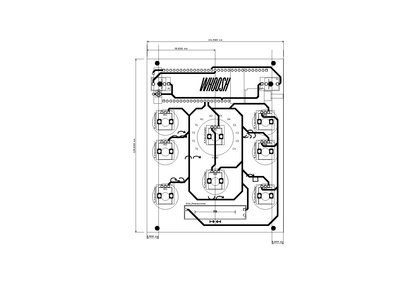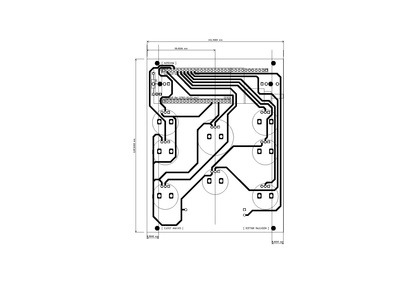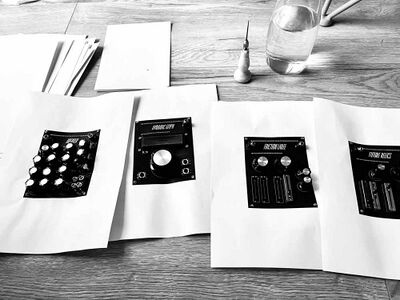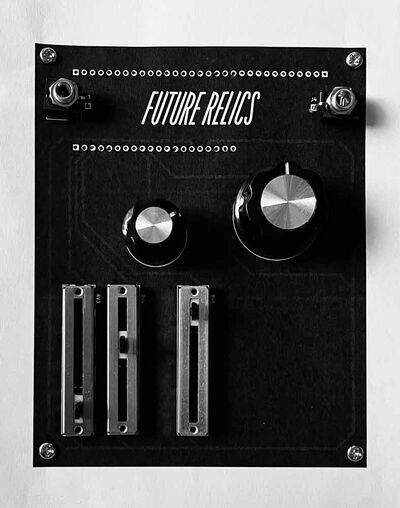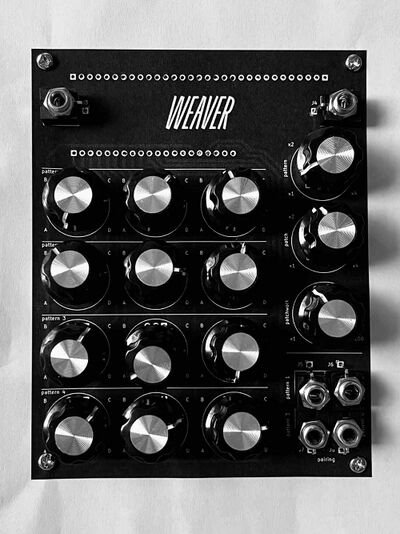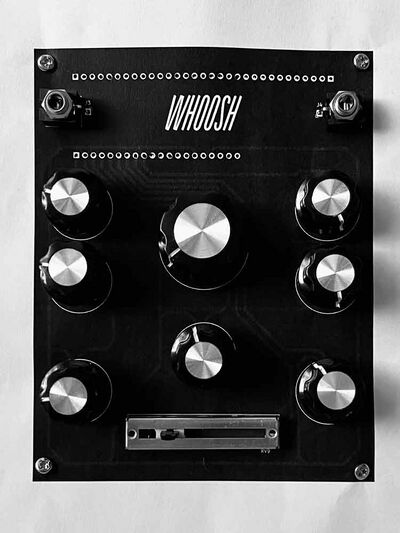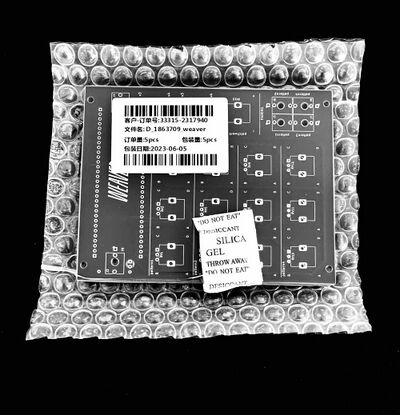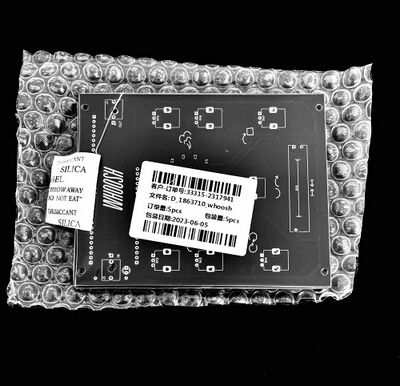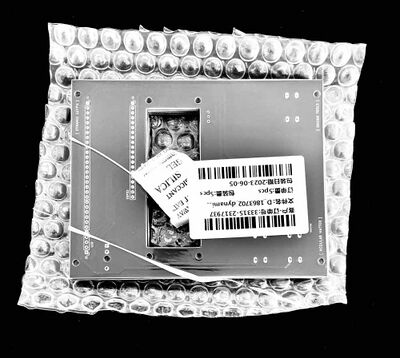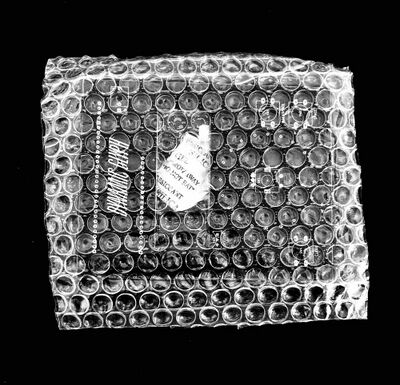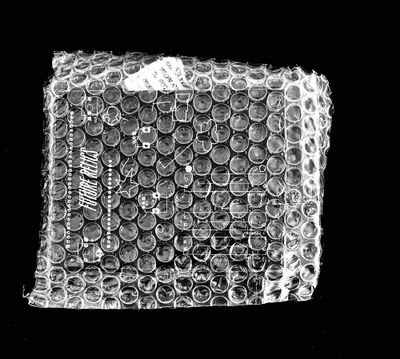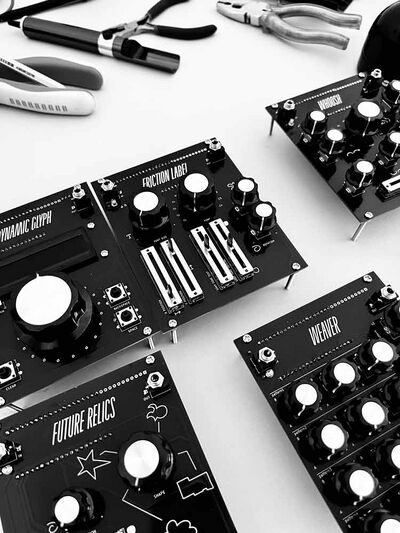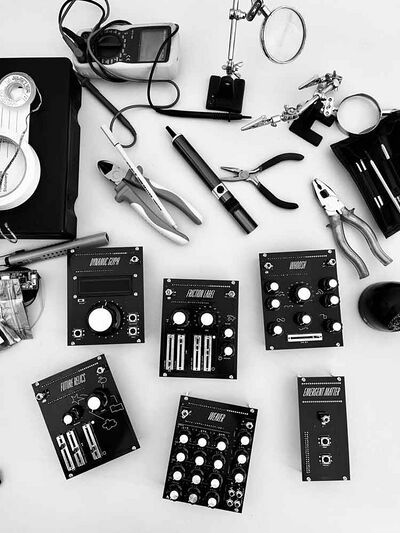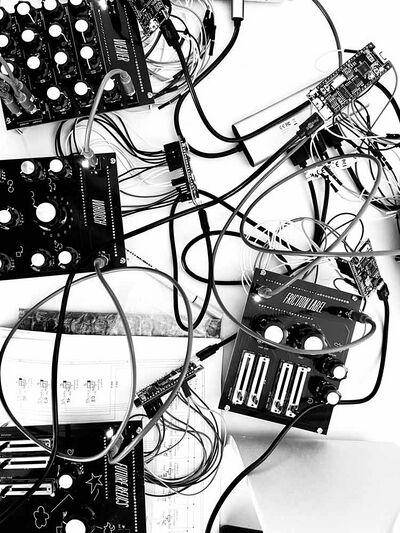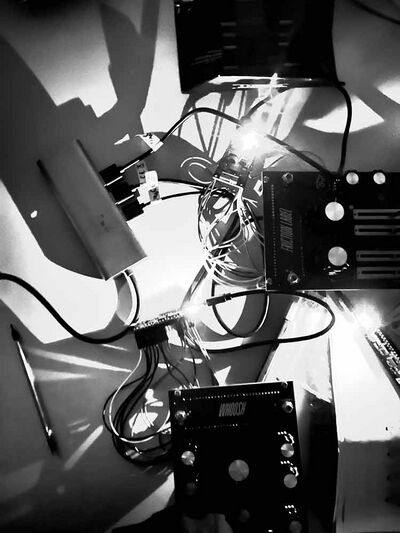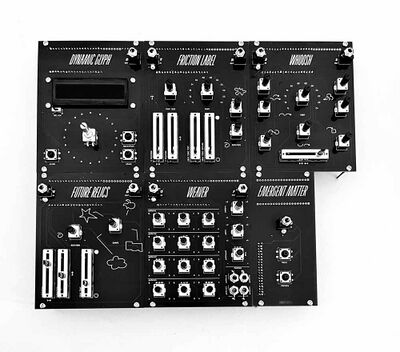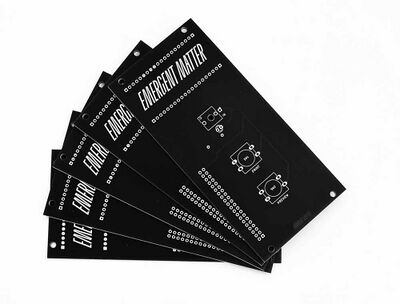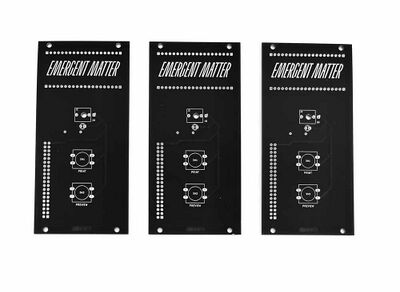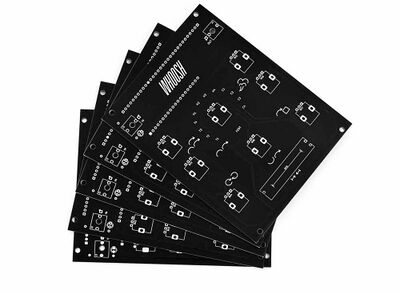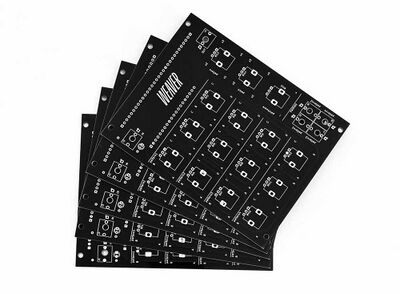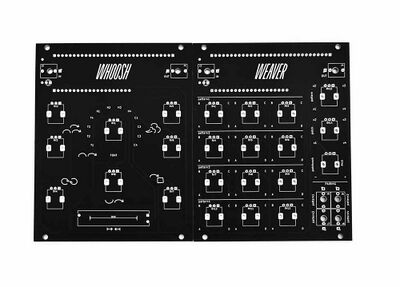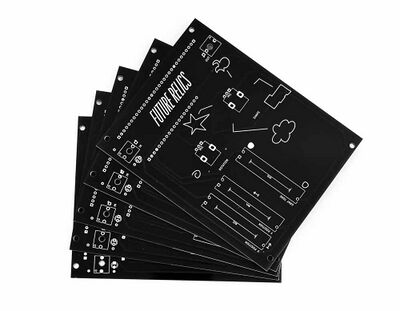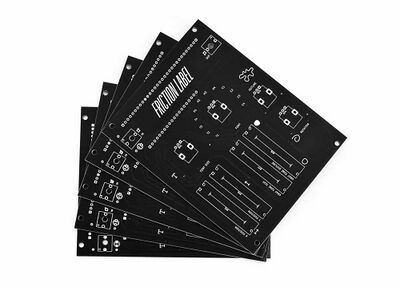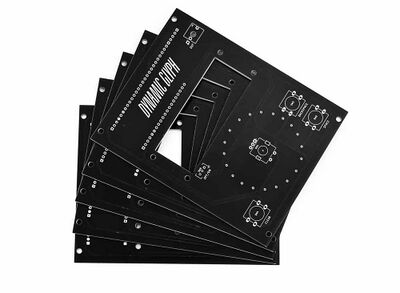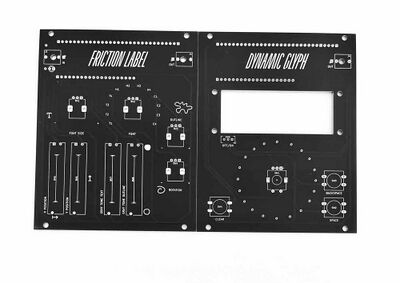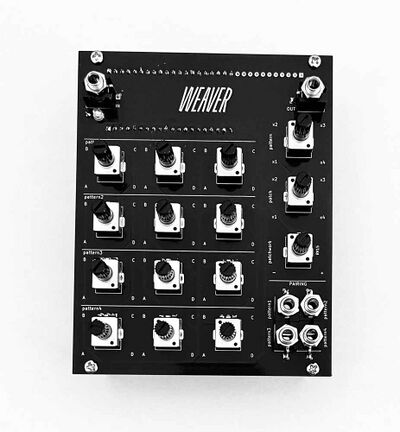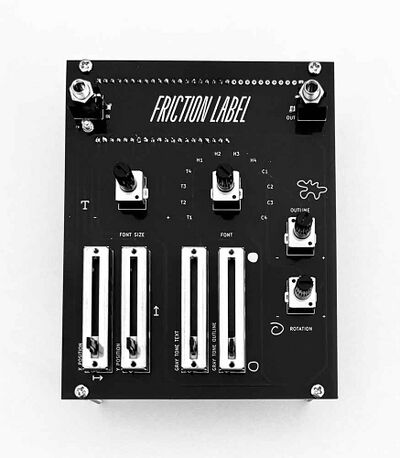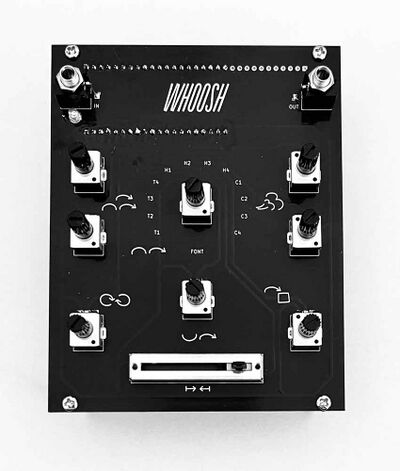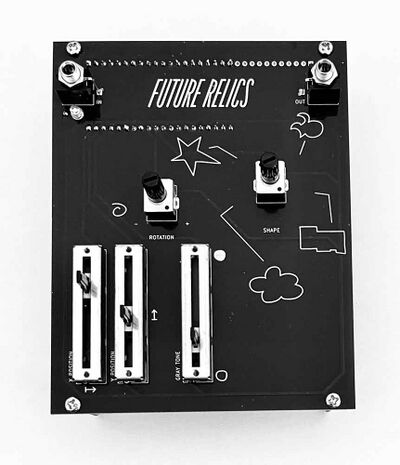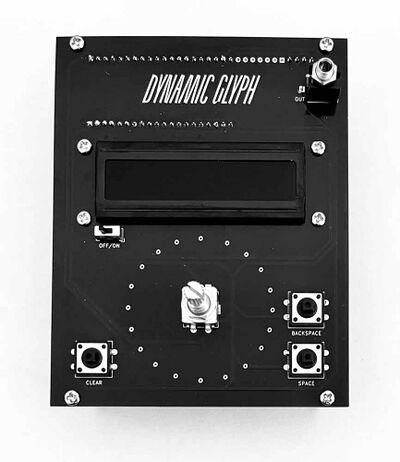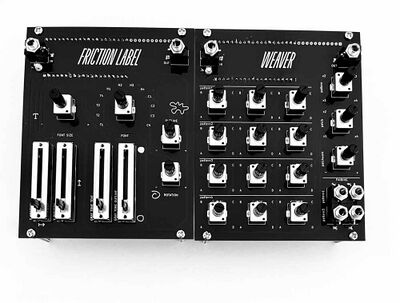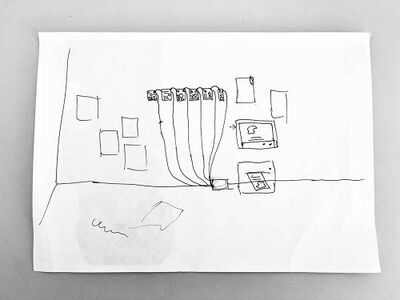User:Ohjian/Final presentation
MODULAR MATTER – REWIRE YOUR PRINTS!
[ Graduation project by ohjian - Jian Haake ]
previous practice, projects & prototypes
Looking back, trying to connect the dots:
During my first year at XPUB I have been working on several projects and experiments that are linked or in some way related to my graduation project.
Workshop: The Screenless Office
In a workshop Brendan Howell introduced his project The Screenless Office. Collectively we developed a new function that was added to his Office: An operation that would use two texts as inputs, weave them together following a specific pattern and send it to the printer. Supi and I built a (screenless) physical interface with which the user could customize the pattern for the weaving function. We decided to use patchable cables as a physical representation of the weaving operation.
Analog Sound Synthesizers
A) Simple setup on a breadboard
This is the first analog synth I built. It consists of four variable oscillators that create different sounds and can be merged by two mixers. The setup also includes a DIY oscilloscope that uses an Arduino and an LCD display.
(Breadboard synth and oscilloscope)
B) Patchable / modular setup on a permanent breadboard
This is my first attempt of a patchable / modular synth. Two of the six oscillators can be connected to a mixer using patch cables.
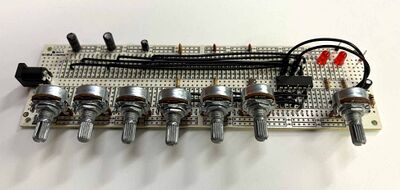
(Patchable synth)
Free Circuits
I experimented with some free circuit designs that would involve a simple interaction with the user to light an LED. My main interest was: How does the user experience change when you have to …
a) push a button
b) touch two points with your fingers and make your body part of the circuit
… to light the LED?
(Free touch circuits)
Book Generator
In the beginning of my XPUB studies I wrote a python function called Book Generator, which was based on the House of Dust by Alison Knowles. The function would run on a Raspberry Pi connected to a physical push button and a receipt printer. Every time the button was pushed, a new definition for the book would be printed. The Book Generator works as a research tool for anyone interested in reading, thinking and making (with) books.
getting started
infrastructure
first sketches
flowcharts
breadboard prototypes
tryouts PCB (printed circuit boards)
test prints & previews
midwives gift kit
Selected items for my midwives support group to give insight into the project and process. The letter reads:
Dear fellows,
I hope this small kit finds you well, despite the piling workload and lack of leisure time.
In this kit you will find some technical schematics, which try to document and visualize the tool I am working on. The material stems from a chapter in my thesis that functions as a technical manual for my tool. To help you imagine the hardware modules, you will find a few physical components that I am using a lot. The small prints in the kit are first test layouts, made with my modules.
When we meet, I would like to walk you through the material and invite you to annotate the schematics. In my thesis, I am implementing an annotation and it would be nice to find some inspiration for that.
Yours,
Jian
(+ notes I received from Kamo as contribution to my process)
modules: printed circuit boards
electronic components
first sketches
drafts
electronic circuits
PCB layouts
paper mockups
PCB unboxing
PCB assembly & setup
final modules
grad radio show
[ script for informercial ]
MODULAR MATTER – REWIRE YOUR PRINTS!
Are you tired of your usual Desktop Publishing setup and need to switch things up? Then this modular tool is for you! Combine the new hardware modules DYNAMIC GLYPH, FRICTION LABEL, WHOOSH, FUTURE RELICS, WEAVER and EMERGENT MATTER to create unexpected and exciting print results!
MODULAR MATTER – REWIRE YOUR PRINTS!
grad show
tools & components in use
(honest) list of (almost) all things that were used (or not) in the process of developing, planning, building, assembling, documenting and presenting the project
digital tools:
- Raspberry Pi Zero
- python 3
- ESP32
- C++
- terminal
- bash
- postscript
- ghostscript viewer
- KiCad
- Atom
- InDesign
- Photoshop
- Acrobat Pro
- Safari
- Preview
- Notes
- MacBook Pro
- iPhone
physical tools & materials:
- soldering iron
- solder
- sponge
- breadboards
- jumper wires
- wire cutter
- awl
- scredriver
electronic components for the tool itself:
- 1 Raspberry Pi Zero
- 6 ESP32 (LilyGO TTGO T8 ESP32-S2 - with SD Card Slot)
- 1 DFRobot I2C 16x2 Arduino LCD
- 30 10k rotary potentiometers
- 25 knobs small
- 4 knobs medium
- 1 knob large
- 8 10k slide potentiometers
- 5 push buttons
- 1 slide switches
- 1 rotary encoder
- 5 3mm LEDs
- 5 1k resistors
- 16 audio jacks
- 10 x 20 pinheaders
- 1 x 4 pinheader 90 degree
- 24 M3 bolts and nuts 30mm
- 4 M3 bolts and nuts 10mm
- 10 audio patch cables
- 6 power supplies
- 1 screen + HDMI cable + power supply
- 1 printer + USB cable + power supply
services & shops:
- Tinytronics
- Musicstore
- Wetronic
- Seeed Studio PCB manufacturer
- DHL

